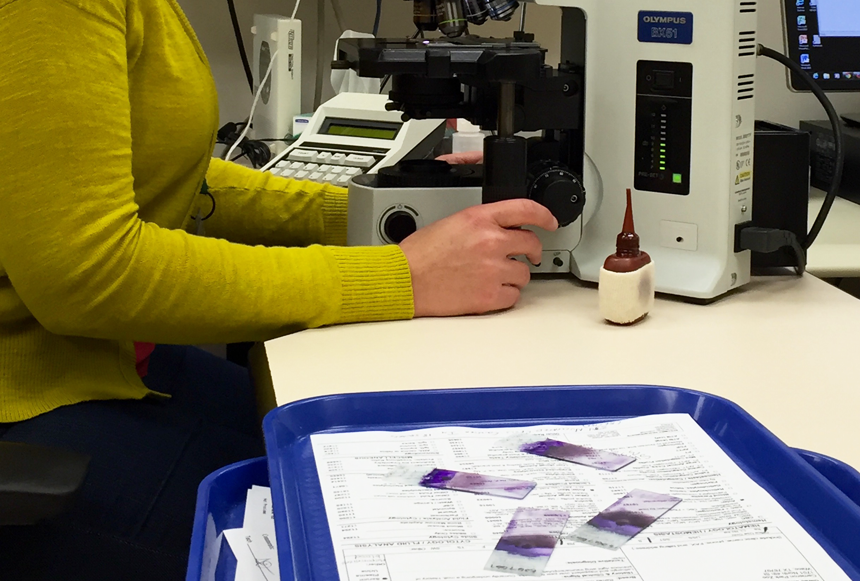When it comes to the health of your pets, veterinary diagnostics makes a big difference. Pet diagnostic labs help identify potential issues for household pets.
Here, we’ll discuss the impact of animal health testing and outline essential diagnostics.
Understanding Veterinary Labs for Pets
Pet testing facilities analyze health indicators to help diagnose conditions. These labs use advanced technology to support better medical decisions.

Key roles of veterinary labs include:
- Identifying problems before they worsen: Improves recovery chances.
- Monitoring ongoing conditions: Keeps you informed about your pet’s progress.
- Validating health improvements: Helps refine care approaches.
Common Veterinary Tests for Dogs and Cats
Diagnostic centers for pets specialize in diverse diagnostics to evaluate pet health. Common diagnostics include:
- Biochemical testing: Identify underlying diseases.
- Urine diagnostics: Detect urinary infections.
- Parasite screenings: Spot infections.
- Allergen identification: Support long-term comfort.
- Structural health evaluations: Detect internal injuries.
laboratorio de exames animais
The Benefits of Regular Veterinary Testing
Consistent diagnostic exams helps prevent serious issues. With early warning signs identified, their overall health improves.

Why these tests matter include:
- Enhanced quality of life: Providing ongoing support helps pets live longer.
- Financial benefits of early detection: Minimizing long-term expenses saves resources down the road.
- Strengthened bond with your pet: Feel secure in their care plan.
laboratórios farmacêuticos veterinários
Why Testing is Key for Dogs and Cats
Veterinary laboratories provide vital support to vets in giving them the best care possible. Through consistent diagnostics, you’re giving your pets the best chance at a happy, healthy life.
Schedule a diagnostic test today to help them live their best life!